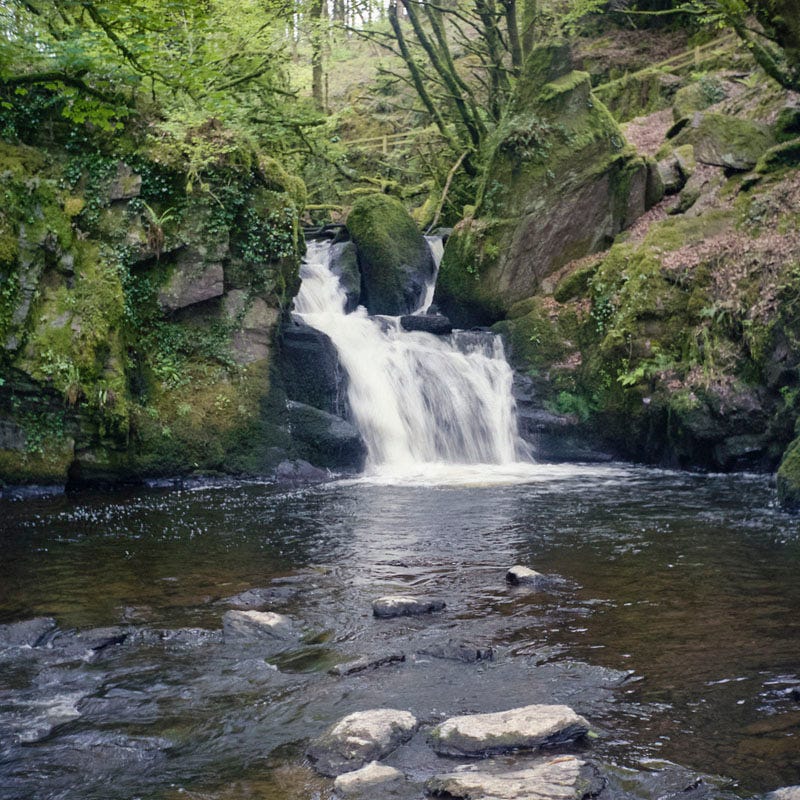Why I shoot black and white?
If I wanted to be cheeky, I will answer the above question with: “Because I load the camera with black and white film” and that will be the end of it. But I’m not here to tell you how cheeky I am.
As you might now I’m using both types of cameras: analogue and digital. I am a firm believer that each medium has it’s own advantages. I wouldn’t go to a rugby match with an analogue camera neither would I go on my walks with a digital one.
I prefer to shoot rugby with a digital camera for many reasons but here are the two main ones: speed and colour - a digital camera is faster than a film camera and can retain colours better than any film (and when it comes to a team and flags, the pride of any club, colour is extremely important).
Then why shoot film? Because it slows me down, it pushes me to think about many variables before releasing the shutter. In today’s world, today’s society, everything is push, push, push; everything is now and fast. And I don’t like it. I agree with Paolo Nutini when he sings:
“Some people wanna speed it up,
In fact, I wanna slow it down”
Ok, now you know why I’m shooting film but can I load the camera with colour film? Of course I can, no problem. The colour film, with all its imperfections on retaining colours, has a magical beauty that can not be achieve with any filter or photoshop doesn’t matter how much are you praising to me digital technology. And I still prefer the camera with black and white film. Why?
It is well known that the primary colours in photography are red, green and blue. So, in photoshop I’ve created an image that contains all this colours, all at maximum saturation of 255. But after that, using the same photoshop, I just press the button that automatically applies a black and white layer over the image. Look what happens to each colour: everything is almost the same shade of grey.
What this tells me? That I have to think before I take a photo of a scene that contains red and green with black and white film. Let’s presume that I want to photograph a red tulip with green stem and leaves, what do I get? Err, something grey. Do I have to tell you more about different colour combinations? No, you get the idea.
This is how the black and white film pushes me, forces me to think and by doing that it slows me down. On top of this, the limited amount of frames (12 or 36) is another reason to slow down. So long live the black and white film!








You might appreciate the work of Thomas Joshua Cooper. He travels for thousands of miles with a large format camera, rigorously composes the image, and then makes one photograph. Then he goes home.
There is something nice about slow creativity in a fast paced world!